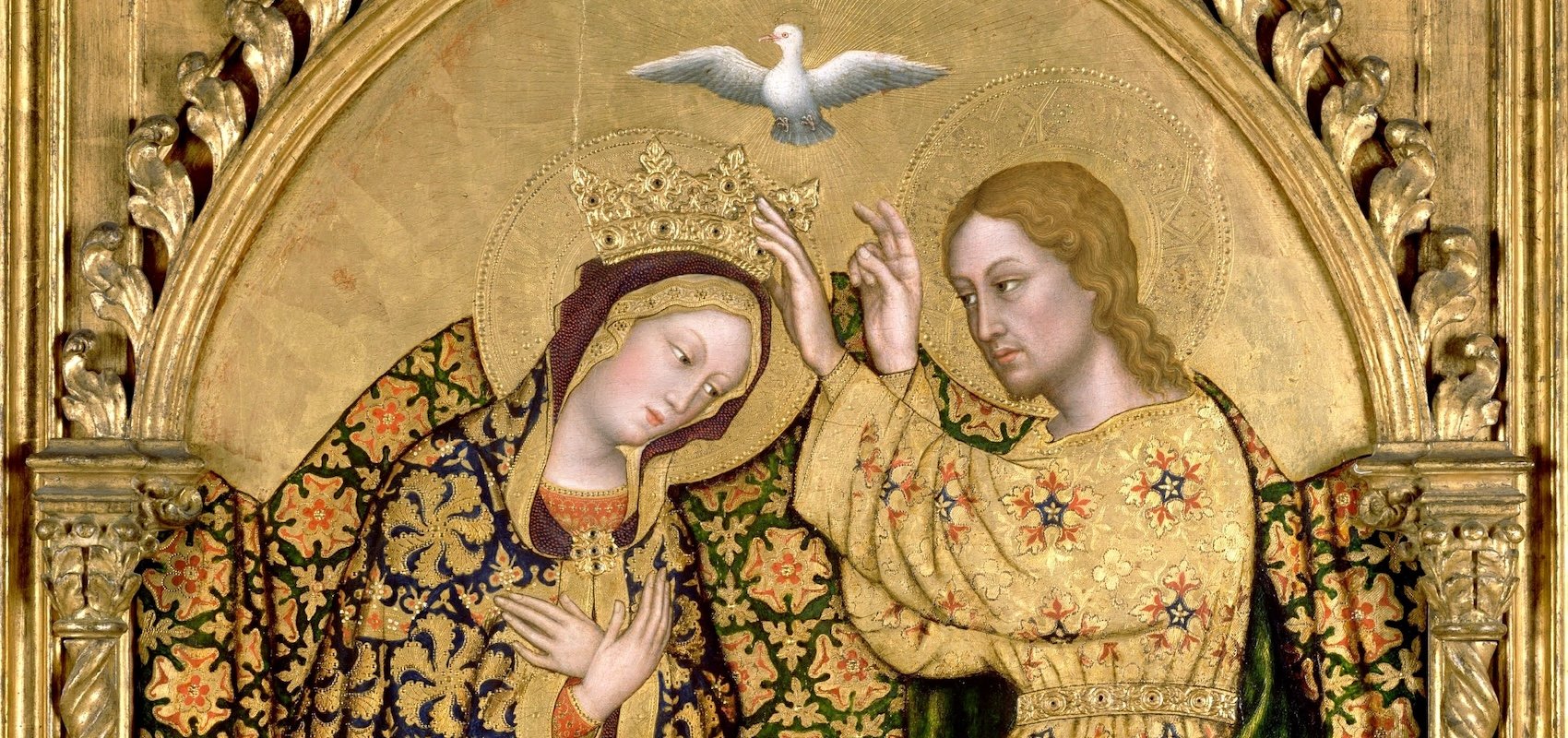Archive
More than thirty-five years of First Things articles at your fingertips
Articles
Canticle of All Creatures
This poem was written by St. Francis of Assisi, and translated by Dana Gioia. Most high, all powerful, and most good Lord,Yours are the praises, glory, honor, blessings.Only to...
Christianity and Poetry
I When I became a man, I put away childish things.—St. Paul, 1 Corinthians 13 Most Christians misunderstand the relationship of poetry to their faith. They consider it an...

Psalm to Our Lady Queen of the Angels
Let us sing to our city a new song, A song that remembers its name and its founders— Los Pobladores, the forgotten forty-four, Who built their pueblo beside a...
Clarify Me, Please, God of the Galaxies
The English poet Elizabeth Jennings had the peculiar fate of being in the right place at the right time in the wrong way. Her career began splendidly. Her verse...
Singing Aquinas in L.A.
When I was a child in parochial school, we began each morning with daily Mass. My mother worked nights, and no one in my family was an early riser....
Tinsel, Frankincense, and Fir
Hanging old ornaments on a fresh cut tree,I take each red glass bulb and tinfoil seraphAnd blow away the dust. Anyone elseWould throw them out. They are so scratched...
The Catholic Writer Today
I For years I’ve pondered a cultural and social paradox that diminishes the vitality and diversity of the American arts. This cultural conundrum also reveals the intellectual retreat and...
Homage to Søren Kierkegaard (1813 – 1855)
“Work out your own salvation with fear and trembling.” I was already an old man when I was born. Small with a curved back, he dragged his leg when...
The Seven Deadly Sins
Forget about the other six, says Pride. They’re only using you. Admittedly, Lust is a looker, but you can do better. And why do they keep bringing us to...
Majority
Now you’d be three, I said to myself, seeing a child born the same summer as you. Now you’d be six, or seven, or ten. I watched you grow...
